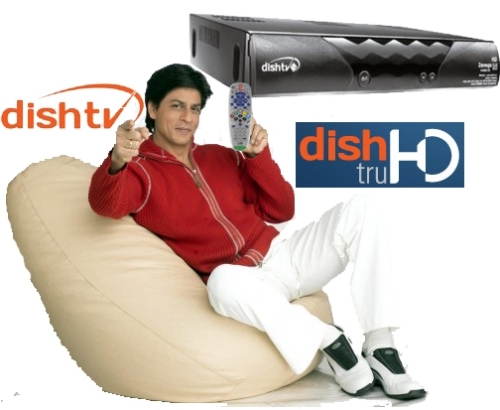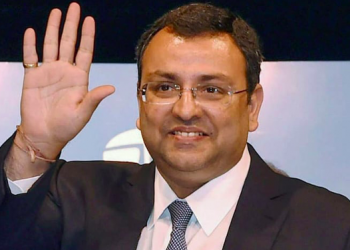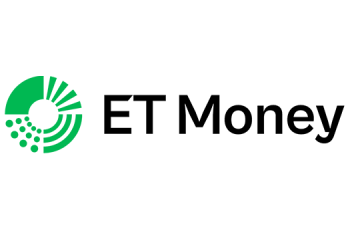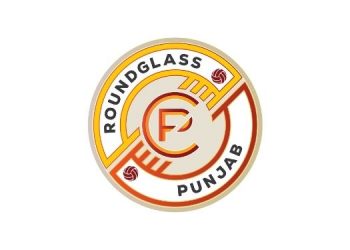
New Delhi: Direct-to-Home player Dish TV today said that it has received the license to operate in Sri Lanka. Dish TV Lanka (Private) Limited, a subsidiary of the Essel group firm has got a DTH license.
“Dish TV Lanka (Private) Ltd, company’s subsidiary Company in Sri Lanka, has been granted the ‘Satellite Television Broadcasting License’ (DTH License) by the Government of Sri Lanka to establish, operate and maintain Satellite Television Network for the purpose of Digital Television Satellite Broadcast,” the company said.
Dialog TV is a sole DTH provider which holds majority of pay-TV subscriber share. Sri Lankan DTH market is been eyed by major investors across the globe owing to the higher ARPU. Illegal DTH service usage along the north-eastern regions is seen as a major threat cribbing the pay-TV ecosystem. Sri Lanka telecom (SLT) owns IPTV service PEO TV. IPTV advancements in the country would depend on the increasing cost of living of people. Currently, both DTH and IPTV services offer advanced services apart from the digital channel offering.
Dish TV is likely to operate in Sri Lanka through a joint venture company incorporated as Dish TV Lanka (Pvt) Ltd. Dish TV will holds 70 per cent stake in the JV while the remaining 30 per cent is with local partner Satnet Pvt Ltd. Sources confirmed that the company had already created an uplinking facility and likely to start the operations shortly.
Television broadcasting is regulated by the state-owned Sri Lanka Rupavahini Corporation (SLRC). The terrestrial market is dominated by state-owned and private operators that offer FTA services in analog mode. More than 90% of TV HH in Sri Lanka is dominated by FTA terrestrial services. Major terrestrial state-owned networks in Sri Lanka include Independent Television Network (ITN) and Sri Lanka Rupavahini Corporation (SLRC).
In order to keep in pace with the global developments, Sri Lankan government has planned for complete analog switch off by the year 2017. Standard for digital adoption is not yet finalized, however sources states that the European DVB-T2, Japan’s and U.S standards are being evaluated.

















